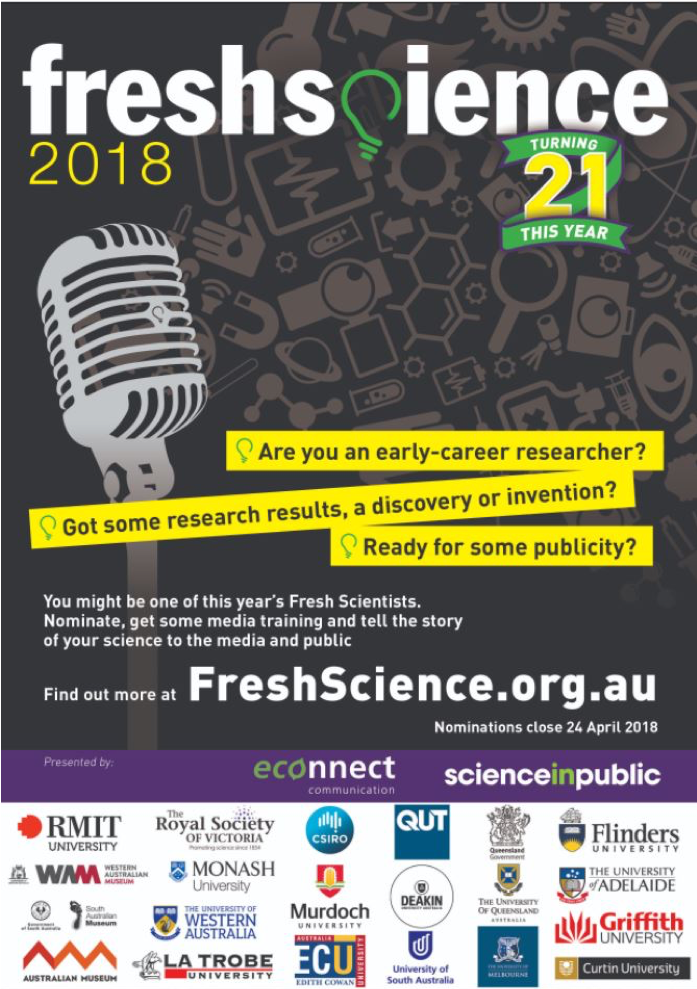 Do you know any early-career researchers who have peer-reviewed results, a discovery, or an invention that has received little or no media attention?
Do you know any early-career researchers who have peer-reviewed results, a discovery, or an invention that has received little or no media attention?
Please nominate them for Fresh Science, our national competition that helps early-career researchers find, and then share, their stories of discovery.
Scientists get a day of media training and the chance to share their work with the media, general public and school students.
Fresh Science is looking for:
Check out the selection criteria, read ahead and see what questions will be asked, then go online and nominate via the short, easy, online application form. Nominations close midnight on Tuesday 24 April.
The training and events will be held in June and July– the dates are on the website.
In each state, we will select the top ten applicants. If selected, you will get:
One story per state will be written up as a press release and issued to the media.
Fresh Science is an initiative of Science in Public.
Fresh Science South Australia is supported by the South Australian Museum, Flinders University, the University of South Australia and the University of Adelaide.
Fresh Science Western Australia is supported by the Western Australian Museum, Edith Cowan University, the University of Western Australia, Curtin University and Murdoch University.
Fresh Science Victoria is supported by the Royal Society of Victoria, The University of Melbourne, Monash University, Deakin University, RMIT University, CSIRO, and La Trobe University.
Fresh Science NSW is supported by the Australian Museum.
Fresh Science Queensland is delivered in partnership with Econnect Communication and is supported by the Queensland Government, QUT, Griffith University, and the University of Queensland.
Now in its 21st year, Fresh Science has trained over 500 scientists to share their science, and generated hundreds of news stories via TV, print, radio and online. You can read past Fresh Scientists’ stories online at freshscience.org.au.
We’re looking for partners around the country for Fresh Science 2018 to help us celebrate our 21st birthday in style. If you’d like to support Fresh Science, please get in touch.
Read more online at www.freshscience.org.au
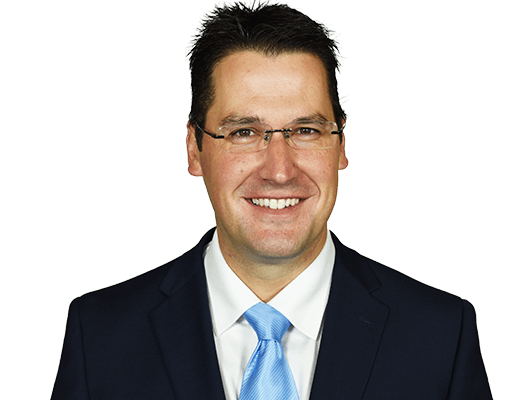
Assistant Minister Assistant Minister for Science, Jobs and Innovation, Senator Zed Seselja
The Assistant Minister for Science, Jobs and Innovation, Zed Seselja has been busy handing out over $165 million to four new Cooperative Research Centres.
They are:
The Digital Health CRC, which received $55m, bringing their total funding to over $200m. The Digital Health CRC is seeking to improve health outcomes for Australians through the use of digital technologies which can improve access to the right health care, lower costs and increase understanding and awareness. The CRC is also examining better ways to share information on adverse reactions and developing better decision support apps. More on their website, or read the media alert.
The MinEx CRC, which received $50m in federal funding, plus $165m in cash and kind from partners. They’ll work on new technologies to increase opportunities for mineral discovery. Creating more productive, economical, safer and environmentally friendly methods to discover and drill out deposits.
The Fight Food Waste CRC received $30m in government funding, plus over $100m from their partners. They will support industry-led collaborations between researchers, industry and the community to address the issue of food waste and help the Government to fulfil its National Food Waste Strategy commitment to halve food waste in Australia.
The Future Fuels CRC received $26.25m, with a further $64.6m of cash and in-kind funding from CRC participants. They will undertake research and development to provide more options to Australian consumers for low-carbon energy at competitive prices. The research will look at opportunities to adapt existing infrastructure for the production, transport and storage of sustainable future fuels such as hydrogen and biogas.
Follow this link for more.
The latest edition of AIG News, the Australian Institute of Geoscientists member newsletter is now available in full colour and digital format and best of all FREE for all readers!
Now all AIG Members and Non Members can enjoy our FREE AIG Newsletter in digital format, including all previous editions. Please click here to see our archive of AIG News.
Download the latest copy of AIG News 131 below:
![]() For web: AIG News 131: Download as Single Pages PDF
For web: AIG News 131: Download as Single Pages PDF
![]() For web: AIG News 131: Download as Double Page Spread PDF
For web: AIG News 131: Download as Double Page Spread PDF
![]() For print: AIG News 131: Download as Single Pages PDF
For print: AIG News 131: Download as Single Pages PDF
![]() For print: AIG News 131: Download as Double Page Spread PDF
For print: AIG News 131: Download as Double Page Spread PDF
Inside this latest issue…
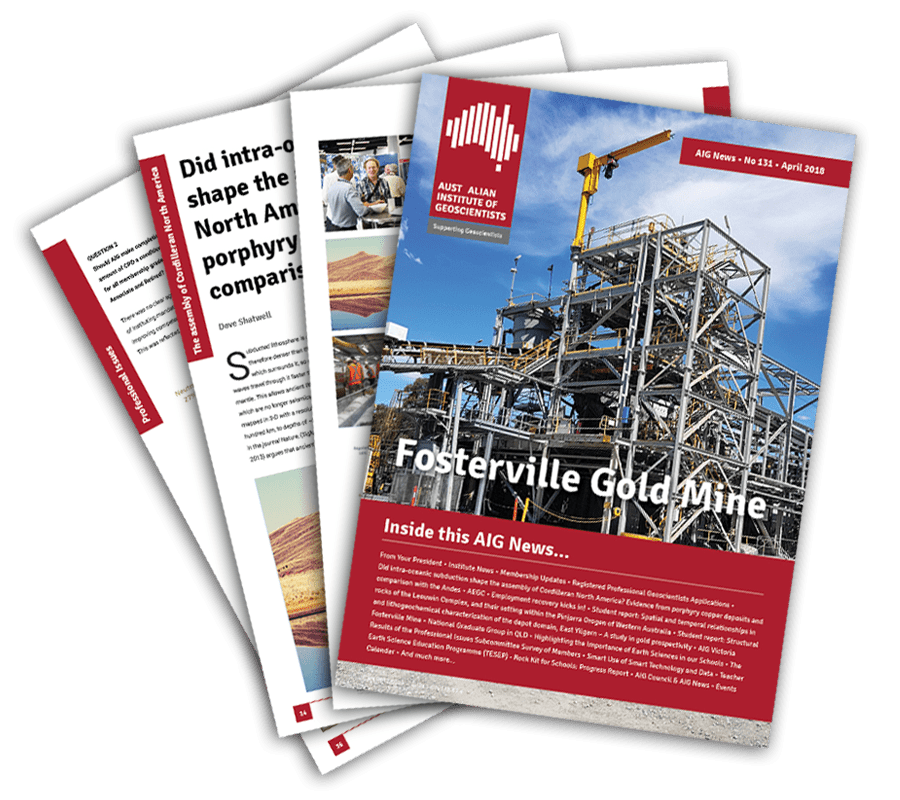 From Your President; Institute News; Membership Updates; Registered Professional Geoscientists Applications; Did intra-oceanic subduction shape the assembly of Cordilleran North America? Evidence from porphyry copper deposits and comparison with the Andes; AEGC; Employment recovery kicks in!; Student report: Spatial and temporal relationships in rocks of the Leeuwin Complex, and their setting within the Pinjarra Orogen of Western Australia; Student report: Structural and lithogeochemical characterization of the depot domain, East Yilgarn – A study in gold prospectivity; AIG Victoria Fosterville Mine; National Graduate Group in QLD; Highlighting the Importance of Earth Sciences in our Schools; The Results of the Professional Issues Subcommittee Survey of Members; Smart Use of Smart Technology and Data; Teacher Earth Science Education Programme (TESEP) – Rock Kit for Schools: Progress Report; AIG Council & AIG News; Events Calendar; And much more…
From Your President; Institute News; Membership Updates; Registered Professional Geoscientists Applications; Did intra-oceanic subduction shape the assembly of Cordilleran North America? Evidence from porphyry copper deposits and comparison with the Andes; AEGC; Employment recovery kicks in!; Student report: Spatial and temporal relationships in rocks of the Leeuwin Complex, and their setting within the Pinjarra Orogen of Western Australia; Student report: Structural and lithogeochemical characterization of the depot domain, East Yilgarn – A study in gold prospectivity; AIG Victoria Fosterville Mine; National Graduate Group in QLD; Highlighting the Importance of Earth Sciences in our Schools; The Results of the Professional Issues Subcommittee Survey of Members; Smart Use of Smart Technology and Data; Teacher Earth Science Education Programme (TESEP) – Rock Kit for Schools: Progress Report; AIG Council & AIG News; Events Calendar; And much more…
AIG News is optimised to be read with Adobe Reader. Versions are available for printing (with Adobe Reader version 4.1.3 or later) or either reading on-line or downloading for reading off-line with your laptop or tablet (with Adobe Reader version 6.1.5 or later). Both versions have been tested and are compatible with Apple Preview and iBooks for Mac and iPad users.
If you experience any difficulty accessing and reading AIG News using the Adobe Reader versions listed here technical support is available.
We hope that you enjoy the latest AIG News and welcome your feedback.
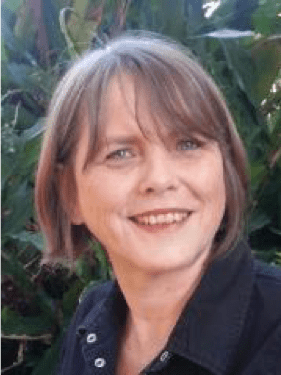 Alison Kelsey, PhD graduate of the University of Qld School of Earth and Environmental Sciences, was awarded a $3000 travel grant by the Australian Environmental Foundation.
Alison Kelsey, PhD graduate of the University of Qld School of Earth and Environmental Sciences, was awarded a $3000 travel grant by the Australian Environmental Foundation.
The grant enabled Alison to present her work in a paper at the recent European Geophysical Union conference, in Vienna, during April 2018.
The AEF Board has awarded the grant from its Bob Carter Memorial Fund, a fund set up to commemorate the life and work of the late Professor Bob Carter, a world-renowned geologist and marine scientist who passed away in January 2016.
Alison’s PhD thesis investigated and demonstrated an astronomical mechanism as the cause of cycles of natural climate change of around 1,500 years in length. Her research was based on an analysis of the palaeoclimatic record of Fraser Island in Queensland and other Australian regional records. The memorial association with Bob Carter’s work is apt; Bob was variously Chairman of an Australian Research Grants panel and Chairman of the Department of Earth Sciences at James Cook University from from 1998 to 2005 and a visiting research professor in geology and geophysics at the University of Adelaide from 2001 to 2005. Bob was well known as a “climate contrarian” who in the fullness of time will be proven right, wrong, or some position in-between. He debated marine geology and climate issues in public with courtesy and objectivity – he would be advising the same approach by Alison Kelsey and all recent graduates.
A Call for Papers by the EGU for a special session on natural cycles in climate change brought about 12 papers on the subject (cycles from decadal to multi-millennial) of which Alison’s contribution is but one.
Michael Asten
Associate Editor for Education Matters, Preview, Australian Society of Exploration Geophysicists
The MCA Minerals Industry Education Summit will bring together thought leaders from industry, academia and government to consider the future minerals workforce and what changes to the skill and education landscape are required to deliver job-ready professionals to the world class Australian mining industry.
Registration and program details are available from the summit web site. Contact the MCA for information regarding the summit.

The Annual General Meeting (AGM) of the Australian Institute of Geoscientists will be held at 5.45pm, Tuesday 8 May 2018 at the Transcontinental Hotel, 482 George Street, Brisbane (opposite Roma Street Station).
The meeting papers have been placed in your AIG members portal and can be accessed by clicking on the Notices tab. They include the agenda, minutes of the 2017 Annual General Meeting, the Audited Financial Report for 2017, and the 2018 Proxy forms.
There are seven (7) vacancies for Councillors (Directors) this year and seven (7) nominations have been received. The nominees are:
Please return any proxy forms for the AGM or advise if you would like to be recorded as an apology by 5pm AEST Sunday 6th May 2018.
NCI Australia, Australia’s national research computing service, and Geoscience Australia this week launched a new tool for viewing very-high resolution satellite imagery of Australia.
The viewer is part of a broader initiative involving a group of Australian research infrastructure organisations to bring together a vast collection of previously incompatible geoscience datasets that scientists can use to improve our understanding of the Earth beneath us.
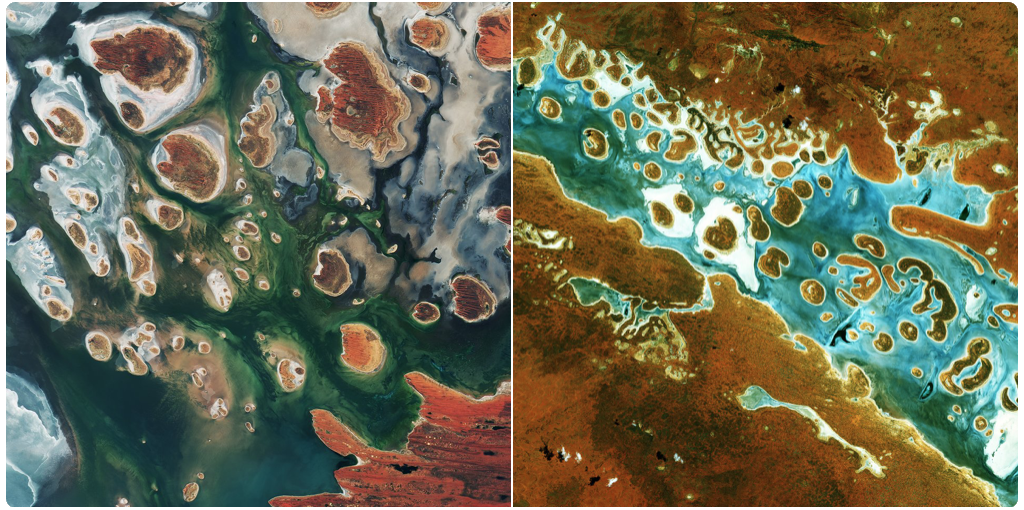
Lake Mackay and Lake Amadeus. Geoscience Australia, Copernicus EU, ESA Earth Observation and NCI Australia
These images of Lake Mackay (left) and Lake Amadeus (right) were captured by the Sentinel satellites whose data is now even easier to access through the new portal, SARA.
SARA provides free access to data from all Sentinel satellites for the South-East Asia and South Pacific region. The Sentinel missions are part of the Copernicus programme that is coordinated and managed by the European Commision. The data products are generated by the European Space Agency and the European Organisation for the Exploitation of Meteorological Satellites. SARA is hosted at the National Computational Infrastructure and operated by the Regional Copernicus Data Hub consortium formed by Geoscience Australia, the New South Wales Office of Environment and Heritage, Queensland Department of Science Information Technology and Innovation, Western Australian Land Information Authority and the Commonwealth Scientific Industrial Research Organisation. Portal users currently have access to more than 2,387,403 products.
Exploration Radio is a podcast series examining the nature and people involved in mineral exploration, produced by Ahmad Saleem and Steve Beresford.
Ahmad Saleem is a geologist and mineral economics researcher. Co-host, Steve Beresford, is Chief Geologist at Independence Group
Exploration Radio focusses on the past, present and future of mineral exploration, featuring interviews and discussions with explorers about the challenges they have faced, what we stand to learn from them and how we can better prepare for the future. Ultimately these are stories about exploration…the people, places and issues prevalent in mineral exploration…and broadly within the mining industry.
The latest podcast examines why mining a cyclical industry? It asks the question “have you ever been made redundant because of the cyclical nature of our industry?” Everyone that works in mining knows that the industry is cyclical. There are booms and busts and they control everything. But have you ever wondered why?
You can subscribe to Exploration Radio, free of charge, via your preferred podcast platform.
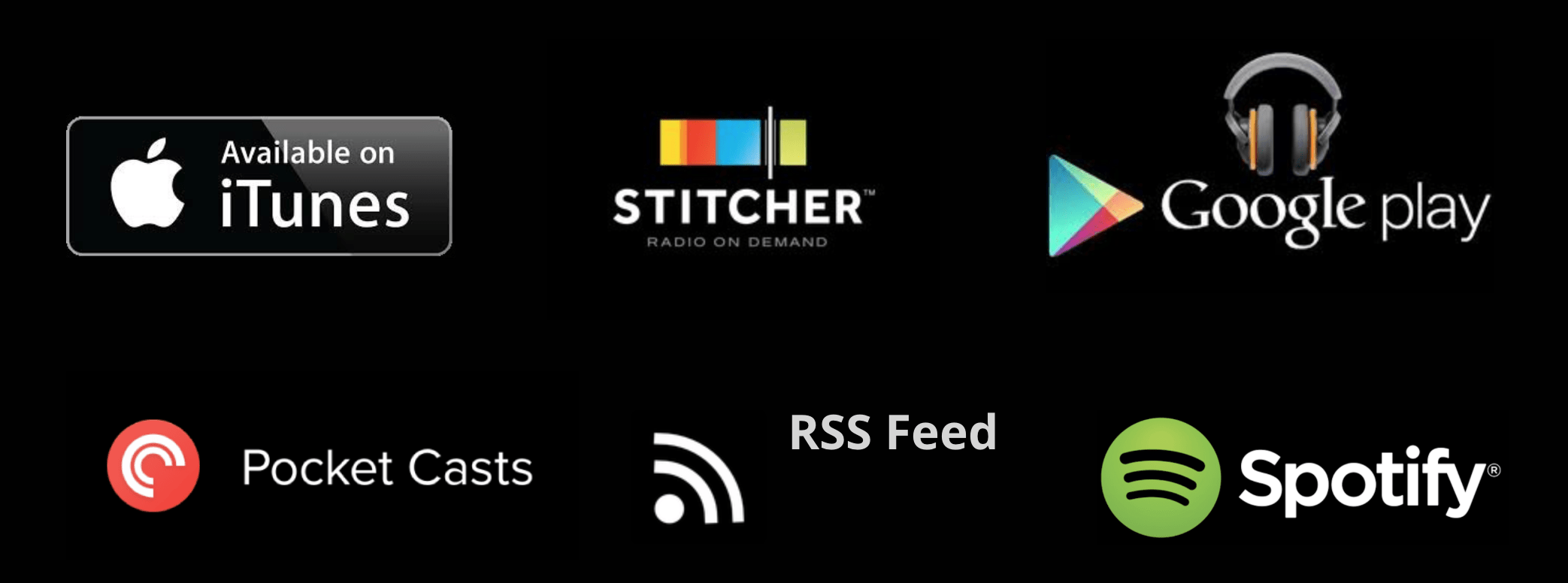
Big Issues and Ideas in Geoscience will highlight the fundamental role that Geoscience has as a major field of science throughout the Asia Pacific Region. The Convention (AGCC 2018) will be the largest Geoscience event to be held in Australasia since 2012.
AGCC 2018 is supported by all eight Member Organisations of the Australian Geoscience Council, and is proudly sponsored by Geoscience Australia, as Patron Sponsor, and Santos as Major Sponsor.
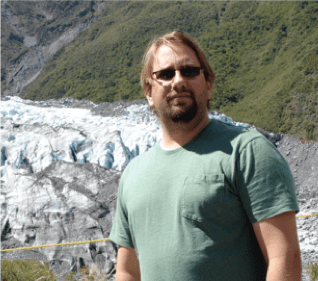 Professor Matthew Huber – Purdue University
Professor Matthew Huber – Purdue UniversityThe Australian Geoscience Council Convention, AGCC 2018, is proud to announce Professor Matthew Huber from the Department of Earth, Atmospheric, and Planetary Sciences at Purdue University, Indiana, USA, as Plenary Speaker for this year’s Convention.
Professor Huber heads the Climate Dynamics Prediction Laboratory at Purdue University and his research focuses on the Earth’s Climate, spanning the deep geological past, present and future.
“I believe that our understanding of modern and future climate is only as secure as our understanding of past climate. It is risky to predict future global warming without testing climate models in the past. I find unsettling the fact that the warm climates that dominated the past 90 million years are poorly understood” said Professor Huber.
Click here to view Professor Matthew Huber’s bio.
To find out who the Scientific Program’s Themes and Sub-themes’ conveners are, please click here.
Take advantage of our Special Abstract Submission Registration. All you need to do is submit your abstract and register before Monday 30 April to save up to AU$235.
Click here to see all registration options and inclusions. Discounts to members of AGC Member Organisations and reciprocal arrangements with international organisations apply.
Early Bird exhibitor pricing in the unique GeoEXPO expires at the end of this month, on Monday 30 April, so book today to secure a premium position. Participating in the exhibition will provide significant opportunities. The GeoEXPO will:
Click here to see the list of current exhibitors at AGCC 2018’s GeoEXPO.
To view the live floor plan, and to book without further delay, click here.
Spread the word – Tell a friend
The AIG Council has initiated a review of AIG’s Code of Ethics and Complaints / Ethics and Standards disciplinary processes. The review is being conducted with the assistance of a leading, national law firm.
All members agree to comply with the Institute’s Code of Ethics upon joining AIG. The Code sets standards of professional conduct and practice through the code itself, and other standards including the JORC and VALMIN codes that are referenced by it.
The Code of Ethics has been little changed since AIG was formed and has been proved to be a robust and fair set of principals to be followed by members. Minor changes have been introduced on one or two occasions to deal with the impacts of changes to Australian corporate law. AIG’s complaints process was redesigned some years ago to increase procedural fairness for members affected by allegations of poor professional practice. The principal impact of these changes was the separation of the responsibilities for investigating and ruling on complaints with the formation of a Complaints Committee to work in hand with the Institute’s Ethics and Standards Committee. The review will also address changes to the Code of Ethics needed due to the implementation of a revised AIG Constitution in 2016. The recent judgement of the Supreme Court of Western Australia in Ridley v AusIMM provided a catalyst for the review.
Members are invited to submit comments and ideas to be considered during the review. Please submit comments by email to andrew.waltho@aig.org.au by 22nd April, 2018.
The review will be finalised during May. Proposed changes will need to be submitted to AIG members for review and approval.